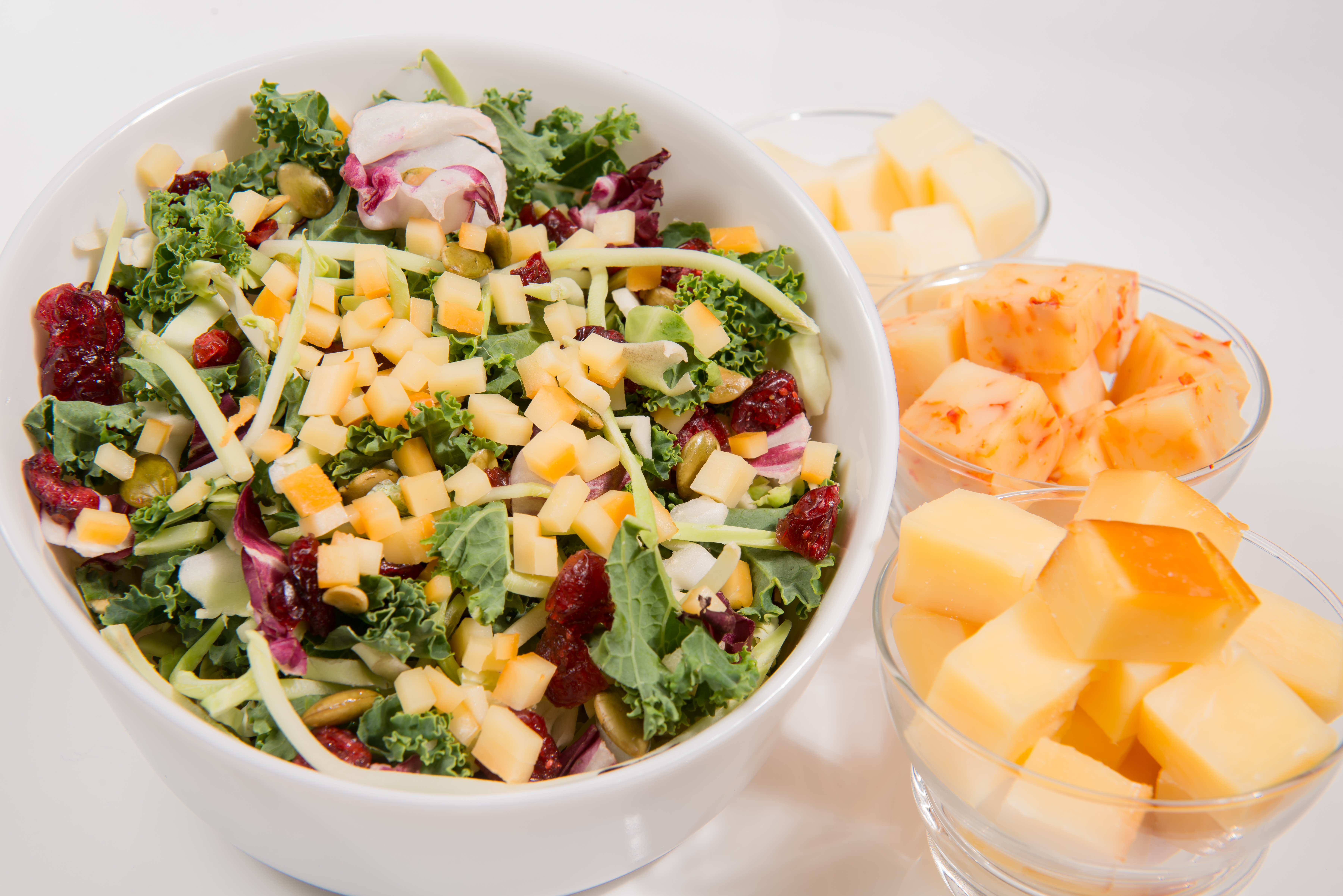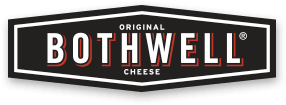Cheese – Friend not Foe
Posted by: Nita Sharda, Registered Dietitian, Carrots and Cake

Hello again!
This time around I’m whipping out my Registered Dietitian badge to bid farewell to the number one “cheese myth” out there: cheese is bad for you, it’s all fat.
When it comes to cheese (and, in truth, any other food out there), you want to analyze it in its entirety. Yes, a common trait of most cheeses is that they contain a large percentage of fat. But to state it’s all fat and consequently, no good for you would be a flat-out lie. I’m here to tell you that when managed properly, cheese can be a valuable and important food that can fit into anyone’s diet lifestyle.
Get this (insert drumroll here): most cheese products actually pack a strong nutritional punch by offering up calcium, vitamin B12, and protein (plus a delicious taste!).
• Calcium is typically touted as a good-for-your-bones mineral. But, beyond that, calcium is also important for muscle contraction, nerve function, and also plays a role in how your blood flows around your body. Just 2 ounces of many kinds of cheese can provide you with 40% to 50% of your daily calcium needs.
• Vitamin B12 is important for DNA formation, it also keeps our nerves working properly and if we don’t get enough of it we can end up with a form of anemia that can leave people feeling tired and ill. (In other words, B12 is important and a great reason to serve up some cheese!).
• Protein is a macronutrient that is virtually a part of every single cell in your body. It’s important to build and repair muscle, tissue, skin, nails, and even our hair. Cheese is a great product for lacto-vegetarians who often have a difficult time meeting their daily protein quota (fun fact: ½ cup cottage cheese contains nearly 15 grams of protein (collected from the Canadian Nutrient File).
Similar to fruits and veggies, cheese can absolutely be considered an everyday food. As with any food, when you’re thinking about consuming it in a meal or as a snack be mindful of your portion size.
One Canada Food Guide serving of:
• Hard cheese is 50 grams (1.5 ounces), roughly the size of two thumbs.
• Shredded cheese is 1/3 cup.
• Fresh cheese like cottage cheese is 1 cup.
In my personal life, I prefer to make use of strong cheeses such as Smoked Parmesan or even flavoured products like Jalapeño Monterey Jack or Habanero with Cracked Black Pepper. This way I can practice my “less is more” mantra. In that vein, cheese should be seen as more than just an ingredient; it takes on the role of being a flavour enhancer and bringing more to your eating experience while still keeping you strong and healthy!
Have I convinced you yet? The take home or ’put in your cart’ message: while cheese can be a higher source of fat when compared to other milk products, it does not mean it should be labeled as being “unhealthy” or “bad.” Cheese contains an abundance of other nutrients, making it a kick-butt flavourful and nutritious food that can be mindfully enjoyed.
I rest my case.
Peace, love, & cheese,
Nita
